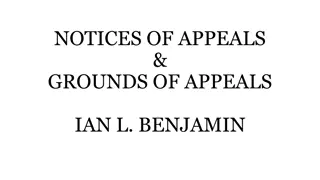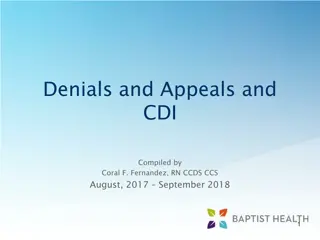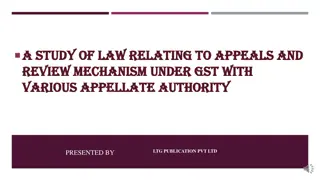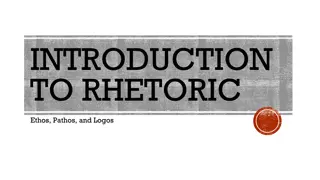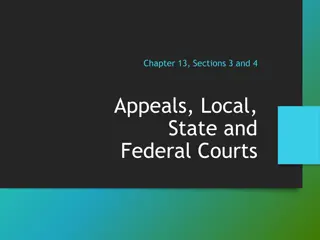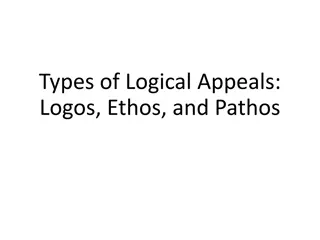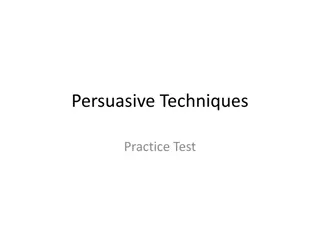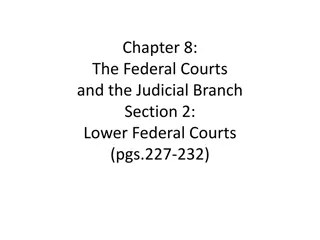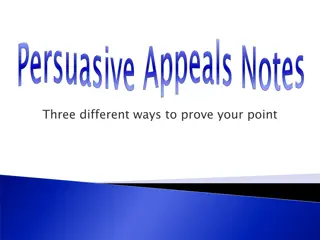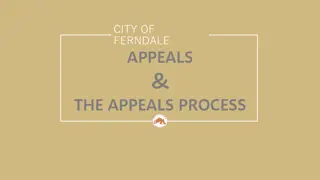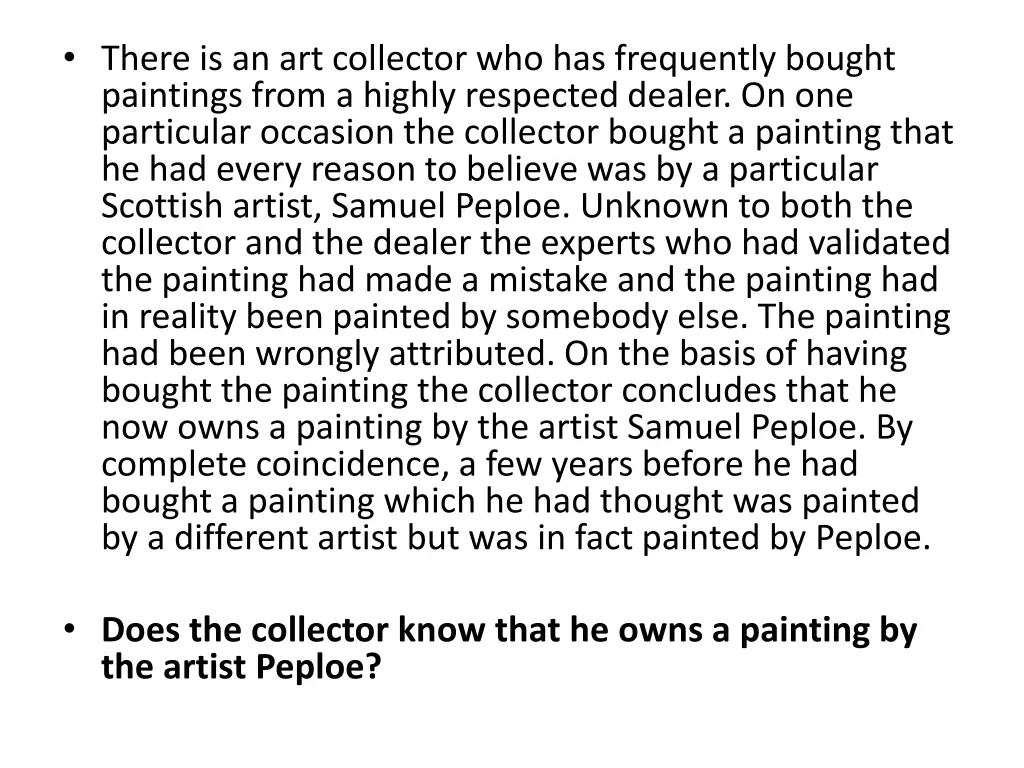
Understanding False Beliefs and Appeals to Intuition
Explore the concept of false but justified beliefs, appeals to intuition, and scientific examples where intuition doesn't match reality. Learn how these elements play a role in forming our beliefs and decision-making processes.
Download Presentation

Please find below an Image/Link to download the presentation.
The content on the website is provided AS IS for your information and personal use only. It may not be sold, licensed, or shared on other websites without obtaining consent from the author. If you encounter any issues during the download, it is possible that the publisher has removed the file from their server.
You are allowed to download the files provided on this website for personal or commercial use, subject to the condition that they are used lawfully. All files are the property of their respective owners.
The content on the website is provided AS IS for your information and personal use only. It may not be sold, licensed, or shared on other websites without obtaining consent from the author.
E N D
Presentation Transcript
There is an art collector who has frequently bought paintings from a highly respected dealer. On one particular occasion the collector bought a painting that he had every reason to believe was by a particular Scottish artist, Samuel Peploe. Unknown to both the collector and the dealer the experts who had validated the painting had made a mistake and the painting had in reality been painted by somebody else. The painting had been wrongly attributed. On the basis of having bought the painting the collector concludes that he now owns a painting by the artist Samuel Peploe. By complete coincidence, a few years before he had bought a painting which he had thought was painted by a different artist but was in fact painted by Peploe. Does the collector know that he owns a painting by the artist Peploe?
What is the false but justified belief? What justifies this false belief? What true belief is inferred from this false belief?
Appeals To Intuition An argument that because a proposition does not match one s experience of how things work in general, then that proposition is not true. Can be used as a tool in philosophy to check theories and principles If a theory or principle violates our intuitions then it becomes less plausible unless an adequate reason can be given as to why our intuitions are mistaken An argument in that it tries to support a position through reasons A form of persuasion in that it appeals to our own personal intuitions
Scientific examples where intuition does not match reality Our intuition says it doesn't make sense for something to be both a wave and a particle, but it turns out this is true if you look at things far smaller than what we have direct experience with. Our intuition says it doesn't make sense that there could be an upper limit on how fast anything could possibly go, but if you look at velocities far outside the range of what we have direct experience of, this turns out to be true. Our intuition says that nothing can live in boiling water, since the most obvious life forms we are familiar with cannot, but it turns out that thermophiles can and do. Our intuition says that continents do not move, since we do not notice any such movement, but it turns out that they do in ways that have produced enormous movements over geologic time.
Method Step 1. Present a plausible and appealing story or scenario that aims at motivating the target s intuitions towards your position on the issue. Step 2. Present a developed argument that shows the reader why the story or scenario rationally supports your position. Step3. Conclude that your position is correct.
Utilitarianism A violent and appalling crime has been committed. The general population believe the perpetrator to be from a particular minority group and there is a very serious danger of riots and attacks on this minority group. The authorities realise that if they arrest a vagrant and frame him for the crime they will have solved two problems at the same time. The vagrant will have been removed from the streets and the risk of violent riots averted. How can this be understood as an appeal to intuition?
Peter Singer the moral convictions of some people derive, from discarded religious systems, from warped views of sex and bodily functions, or from customs necessary for the survival of the group in social and economic circumstances that now lie in our distant past . Thus, intuitions in the realm of morality are unreliable
Activity In the Bible, Deuteronomy 21:18-21 says that stubborn and disobedient children should be stoned to death in public. However, this seems to violate our moral intuitions about just grounds for capital punishment. Therefore, the stoning of disobedient children is not acceptable. Present an argument to show that the intuition above is mistaken



